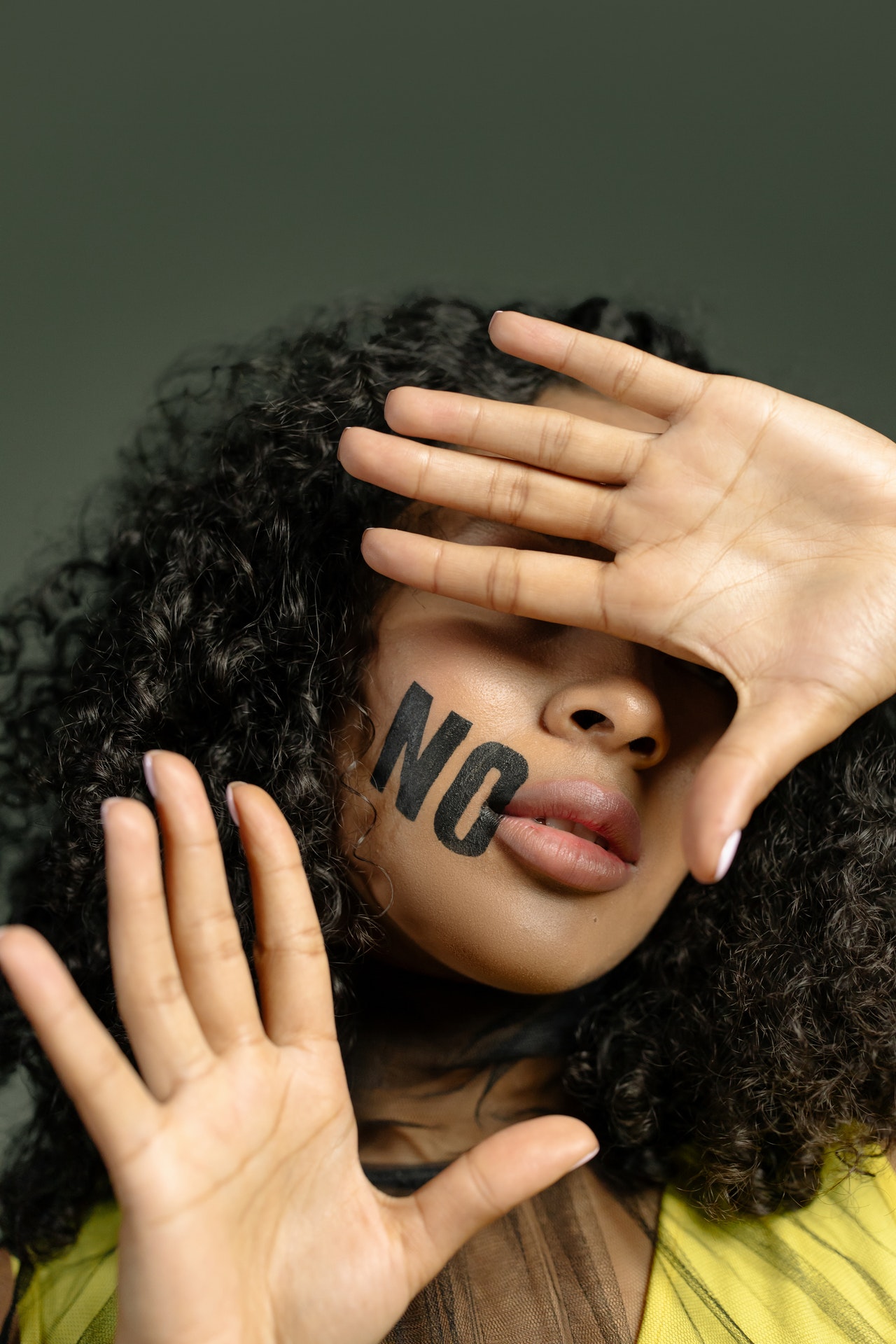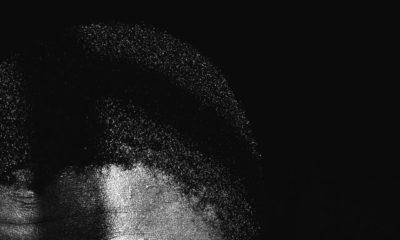Features
Chika Okorafor-Aneke: The Importance of Saying “No”

‘No’ is one of the first words that most human beings learn to say when we first start speaking as babies. During these first few stages of life, the innate mindfulness ability we are all born with manifests with no inhibitions. We are perfectly in tune with our bodies, minds, and emotions, and expressing our need for self-comfort and wellbeing is our main priority.
As we grow older, and strive to adapt to the people pleasing culture of society, we increasingly become hesitant about expressing our ‘no’ with confidence. in order not to be perceived as selfish, we shove the word ‘no’ to the back of our vocabulary, oftentimes, at the detriment of our mental health.
Think it’s tough for us regular folks? Well, imagine being a celebrity that the public deifies, and saying ‘no’ to requests is perceived as a taboo. Fortunately, we have people like tennis superstar, Naomi Osaka, who is helping to change this narrative. She is reminding us all to take back our power to mindfully say ‘no’ for our wellbeing and the preservation of our mental health, regardless of what society says.
Naomi made headlines after canceling press obligations during the French Open due to mental health challenges. She was subsequently fined $15,000 and threatened with expulsion by tournament organizers. Ultimately, Osaka decided to take matters into her own hands and left the tournament of her own volition, according to CNET. In addition to dropping out of the French Open, she decided to pull out of Wimbledon to focus on taking care of her mental health.
Shedding light on the need to take care of her mental health, she said:
“The truth is that I have suffered long bouts of depression since the U.S. Open in 2018 and I have had a really hard time coping with that. Anyone who knows me knows I’m introverted, though the tennis press has always been kind to me. I’m not a natural public speaker and get huge waves of anxiety before I talk to the world’s media.”
It’s also worth mentioning that the prize money for winning the French Open is approximately $1.7 million and Naomi, who is currently ranked 2nd in the world of female tennis, had a very good chance of winning, but she chose to forfeit this chance, reminding us that taking care of our mental health truly is priceless.
Over time, multiple experts and studies have highlighted the mental health benefits of mindfully saying “no.” Goodtherapy.org encapsulates these benefits when they wrote, “Saying no helps you establish healthy boundaries and enables others to have clarity about what they can expect from you.”
Practicing mindfulness can help us get more in tune with our mental and physical state, so that we can express our ‘no’ to ourselves and others in a loving way – without stress, aggression or resentment.
Here are some tips on how to say no mindfully:
“When you say ‘yes’ to others, make sure you are not saying ‘no’ to yourself” – Paulo Coehlo
Every time someone asks you to do something, take a deep breath and a few moments to consider the request before giving a response. Don’t feel pressured to respond right away. Think about the request, examine your thoughts, carefully consider whether saying yes could be detrimental to your mental health and wellbeing in any way. This self-realisation will guide your decision on whether you should say no or yes.
Set boundaries
Sometimes when we say yes to certain things, people may assume that we are also saying yes to countless other activities and commitments related to what we initially said yes to. To prevent this from happening, it is important to set boundaries from the beginning and spell things out. You can say, “let me tell you what I can do,” then limit the commitment to what will be comfortable for you, and won’t be detrimental to your mental health in any way.
Practice tuning in to your inner sense of wisdom
Psychology Today says that “we all have an inner sense of wisdom, which intuitively tells us when something is a yes or a no. The problem arises when we ignore or argue with that inner voice. If you are not used to tuning into your intuition, it is important to practice paying attention to how you are feeling in the moment. Using tools such as meditation and mindfulness is one way to practice paying attention to your thoughts and feelings at the moment.
Steve Jobs once said, “It’s only by saying no that you can concentrate on the things that are really important.” Many thanks to Naomi Osaka for reminding us that our mental health comes first, and that we can safeguard it by exercising our power to mindfully say no.
***






















